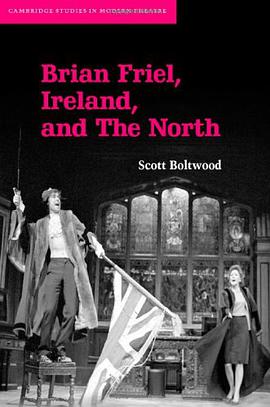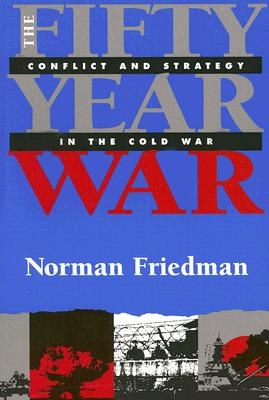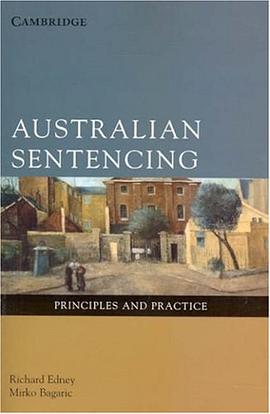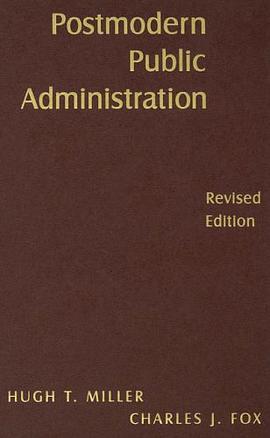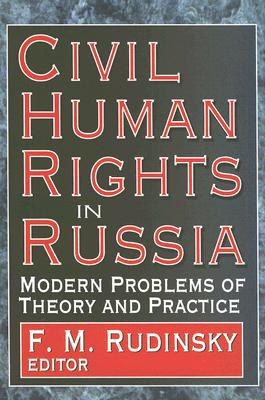

具体描述
During the late Middle Ages the London ruling elite was increasingly influenced by the idea that a secret counter-society was operating in the city. Its members were suspected to be active mainly at night, to roam the city aimlessly and to be identifiable by three main characteristics: their latent, unmotivated and habitual penchant for violence, their sexual license and their disinclination to work. The rumours about this real and imagined 'milieu of the night' strongly influenced Londoners' perceptions of social relations within urban society. In wards, parishes, guilds and companies, people adapted their behaviour and gradually defined their own respectability in negative terms, in opposition to the new 'urban underworld'. The book sheds considerable new light on everyday life in late medieval London and its case study opens up wider debates about the relationship between morality and politics in Europe's cities in this period.
作者简介
目录信息
读后感
评分
评分
评分
评分
用户评价
相关图书
本站所有内容均为互联网搜索引擎提供的公开搜索信息,本站不存储任何数据与内容,任何内容与数据均与本站无关,如有需要请联系相关搜索引擎包括但不限于百度,google,bing,sogou 等
© 2026 book.wenda123.org All Rights Reserved. 图书目录大全 版权所有



